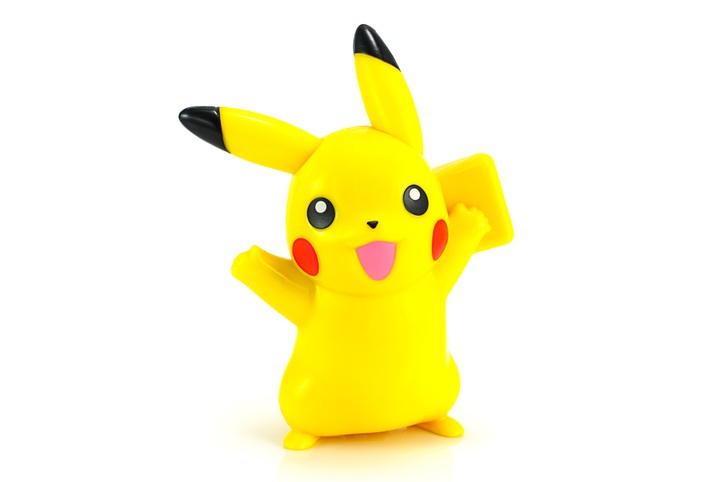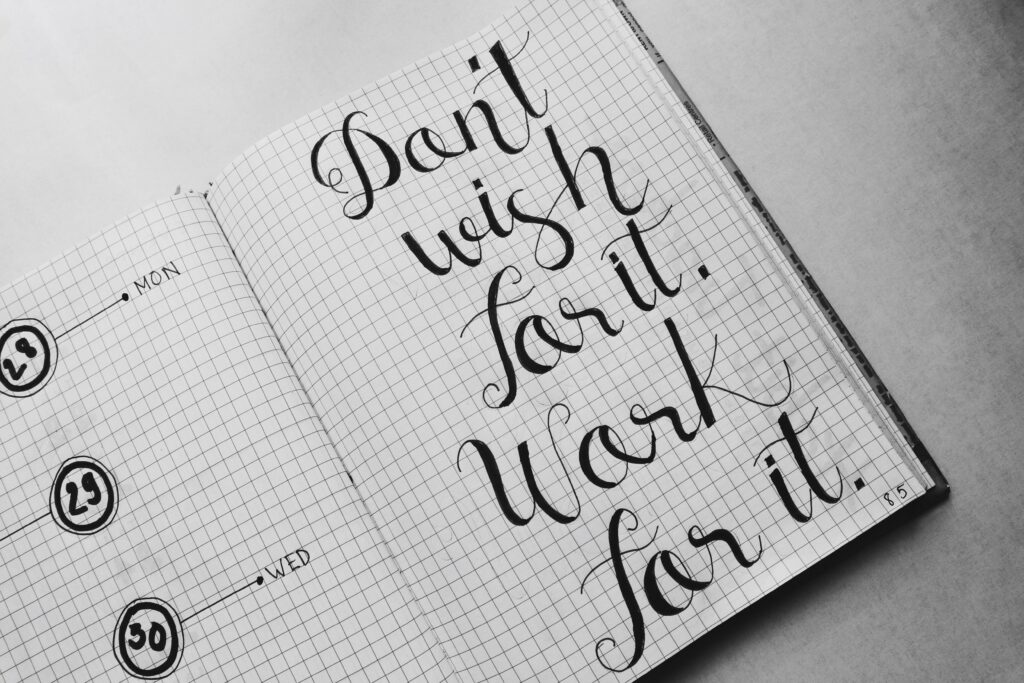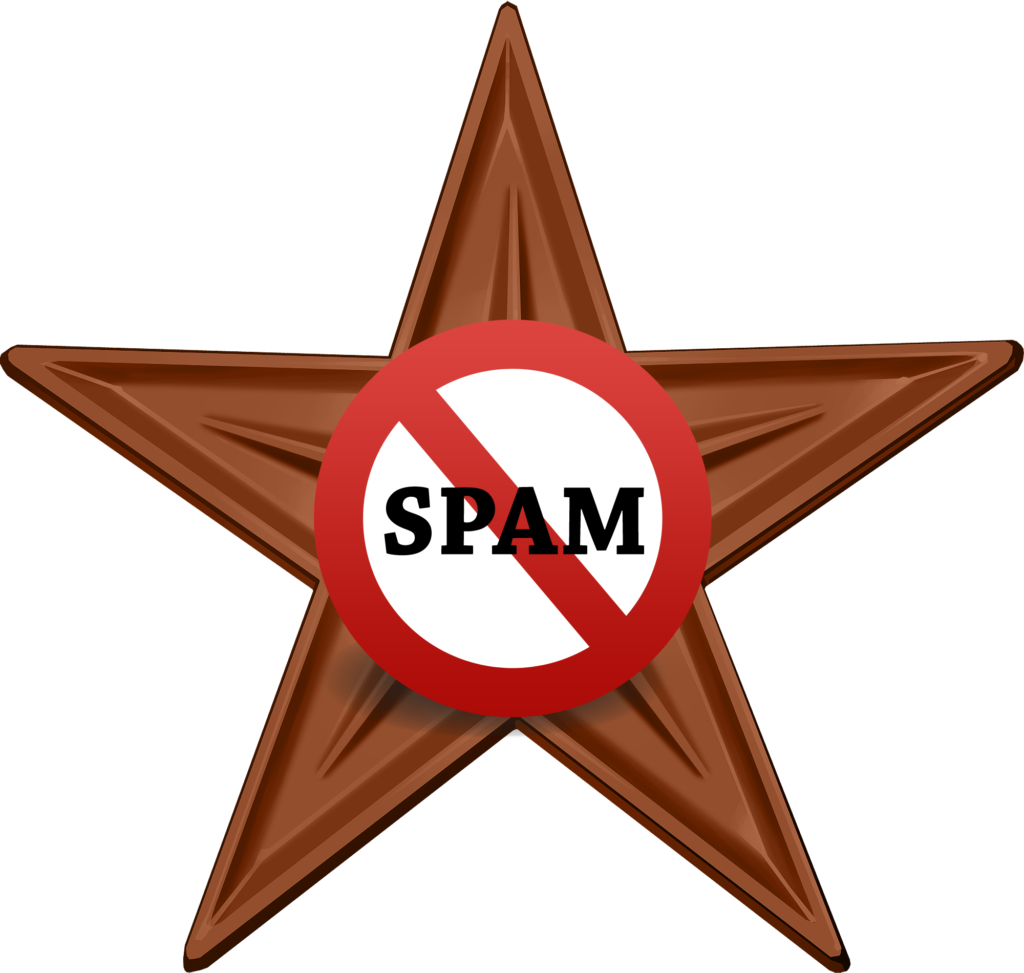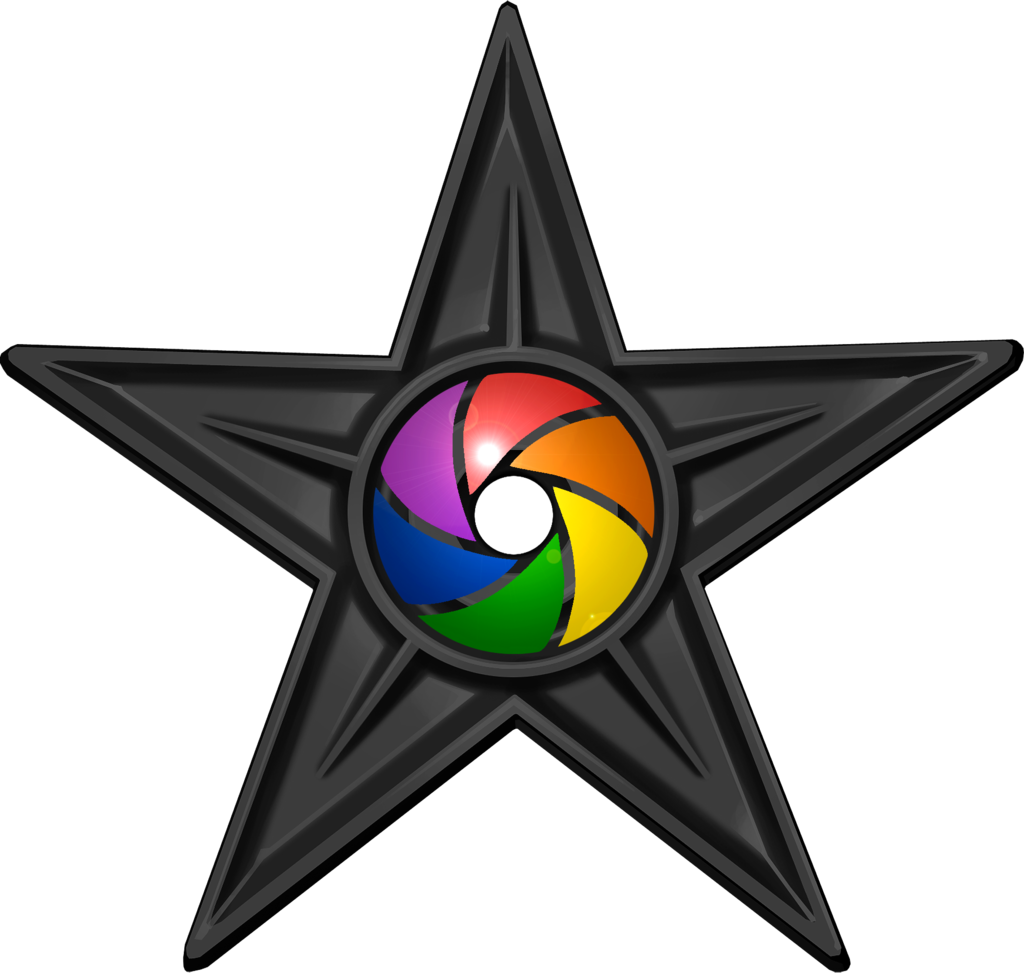I have chosen Naivety as the central theme of this blog because it is what Wikipedia look for when identifying paid Wikipedia editing.
Naivety typically presents as a misunderstanding of how Wikipedia functions. Often, naïve paid Wikipedia editors will base their arguments on conjecture informed by hearsay instead of logic born out of precedent. Below are some common mistakes that inexperienced paid editors make.
This is a sequel to my Paid Wikipedia Editing Fails Spotted by Professional Wikipedia Editors: Part Two:Part One. I hope that maybe, one day these blogs will form the basis for an industry-wide set of best practices, but I won’t hold my breath.
First time paid Wikipedia editors often do too much too young

If like me you’re charging your clients correctly, then you will want to pack as much into a company Wikipedia page as possible. While I understand the temptation to upload a fully formed business Wikipedia page, this isn’t how most Wikipedia pages begin.
Business Wikipedia pages are like trees; they don’t pop out of thin air fully formed. There are growing and ageing processes involved.
Often, Wikipedia pages start life as a few sentences, that say, this thing exists. For example, the first revision of the entry for poodles simply says, “The poodle is a breed of gundog. The poodle is the national dog of France.”

Wikipedia articles start because someone who thinks an article should exist uploads a small page that grows within the confines of Wikipedia’s ecosystem.
Wikipedians and professional Wikipedia editors refer to these articles as stubs. Stubs don’t give a fully formed encyclopaedic overview of a subject but contain just enough information to show why the subject is notable.
If your organisation is decades old and has extensive coverage in reliable sources, then a lengthier company Wikipedia page is possible. Still, in my experience, minimal stubs or start-class entries that give a brief overview of the subject are far more likely to pass muster than a self-indulgent company profile, or biography.
My advice is, keep it simple, less is more. Let your page grow as your business grows.
Citing an entry about a competitor as a reason that there should be a page about you screams ‘paid Wikipedia editing’.
I read a lot of on platform discussions, where new professional Wikipedia editors undermine their position by speculating on how Wikipedia decides which subjects belong in the encyclopaedia and which subjects do not.
Typically, these discussions start with an ill-informed assertion that, “Wikipedia has an article on X person or company, so there should be an article on Y.”
Or,
“The Wikipedia page for X has a whole section on their products, so the Wikipedia page for Y should also have a whole section on their products.”
These misconceptions stem from a lack of platform knowledge based on that professional Wikipedia editor’s experience. Alternatively, and revealingly for Wikipedia’s COI taskforce, conflicted editors often express subjective importance. That is, they may declare subjects, “notable” based on the subjects popularity, fame, talent or prestige while ignoring Wikipedia’s benchmark for notability.
Similarly, the conflicted Wikipedia editor might chide the opposing editor and hurl irrelevant accusations such as, “lack of specialist subject knowledge”, which only demonstrates ignorance.

While the wording varies, the implication is generally the same. Wikipedia bases new content on existing content.
To anyone familiar with how Wikipedia functions, these assertions are unfounded. Basing your argument on a baseless belief will result in you losing the argument.
“The nature of Wikipedia means that you cannot make an argument based whether on whether other articles exist, because there is nothing stopping anyone from creating an article.” – Wikipedia:Other stuff exists
Professional Wikipedia editors don’t get into policy arguments
Anyone with a rudimentary understanding of Wikipedia’s Five Pillars, Notability requirements or Wikipedia’s ecosystem understands that editors create articles based on the prevalence of that subject in reliable, independent sources, and editor’s base an article’s content on what reliable sources say about the subject.
That’s not to say the other stuff exists argument isn’t completely irrelevant, but misapplying the view implies naivety.
Wikipedia’s community decides on policies by reaching a consensus through discussion and basing its best practices on that consensus. An excellent example of consensus and discussion informing best practices is the Pokémon test.

What do professional Wikipedia editors and Pokémon have in common?
In the early years of Wikipedia, when general notability was less cut and dry than it is today, hundreds of stub pages appeared for obscure Pokémon characters. While prominent Pokémon like Pikachu and Charmander meet Wikipedia’s notability guidelines for fictional elements; lesser-known Pokémon such as Sandshrew or Hypno didn’t. However, enthusiasts created multiple short pages, also known as stubs, for each species.
An editor who believed Wikipedia had too many articles on individual Pokémon began nominating multiple entries citing WP:FICT, Wikipedia’s guideline for fictional elements.
The nominating editor’s concern was the multiple stubs for the estimated 800 Pokémons would most likely, never get developed beyond stub article status, and therefore, should be merged into a list.
To decide which Pokémon stubs Wikipedia should merge and which stubs they should develop into full articles; editors began comparing the articles nominated for deletion with established Pokémon articles, in the hope that the comparison might reveal notable species of Pokémon.

However, the Pokémon test did not reveal additional notable species of Pokémon and Wikipedia merged the Pokémon articles into this list. Since then, Wikipedians have applied the Pokémon test as the precedent for merging pages about minor fictional characters.
Animated monsters may seem like a digression, but it’s an excellent example of how Wikipedia’s existing content can set a precedent. Still, the precedent probably wouldn’t help businesses seeking to establish a presence on the platform. Wikipedia applies the Pokémon test in the inverse.
How should paid Wikipedia editors get business Wikipedia pages published for their clients?
A better approach is to base any arguments that you may have on the existing Wikipedia policies. Don’t postulate assertions gleaned from your experience as a social media manager, they won’t hold any water on Wikipedia.
Look at it like this; two people sitting two meters apart in a pub (pre-lockdown 3.0) both come up with an idea for an app that tracks government updates about current pandemics. Now obviously such an app is doomed to succeed. I say doomed because we all know success drives mates apart, and by the time 10.00 pm rolls around a good-humoured quarrel over who is going to pick up the tab turns into a shouting contest over what your long-term PR strategy should be.

Photo by Tembela Bohle from Pexels
The two ex bezzies go their separate ways and never speak to each other again. Luckily, the market for such apps was thriving, and both start-ups flourished in their unique ways.
Does a digital PR strategy or a traditional PR strategy work best for professional Wikipedia editing
However, although the message at the core of these twin businesses was the same, there was one key difference; business A followed a traditional PR strategy securing features in the weekend papers, and local news. Whereas the founder of business B pursued a contemporary digital PR-strategy, skipping out the middlemen such as news desks and editors, and instead engaged with their target audience directly.
In their first year on Instagram company B built a 100,000 strong following, their founder appeared on podcasts, YouTube channels and blogs. His audience engagement levels soared, and he ended up making more money than founder A and their limited but sophisticated strategy. However, when the time came to document their achievements on Wikipedia, it was the less famous founder who met Wikipedia’s notability criteria.
Although founder A had considerably less press than founder B, the publications featuring founder A subjected their content to rigorous fact-checking and editorial standards.

On the other hand, the bloggers, vloggers and podcasters writing about founder B hand-fed hyperbolised on-brand content directly to the app’s target audience.
However, because company B’s content wasn’t subject to any kind of fact-checking, criticism or editorial vetting processes, there was no way Wikipedia’s editors could use these ostensibly primary sources to support the subject’s claim to notability.
herefore, company B, despite being the more successful of the two start-ups, did not meet Wikipedia’s notability guideline. To this very day, the coveted Wikipedia entry remains outside of company B’s grasp.
Paid Wikipedia editors should’t call out content violations on entries about your competitors
Another mistake fledgeling paid-editors make is pointing out content violations on their competitor’s page. This one is particularly cringe-worthy. Snitching to curry favour with authority figures on their classmates for minor offences like smoking behind the bike shed. Reporting your competitors for content violations, just don’t do it.

Drawing attention to the wrongs of others to deflect blame from your wrongdoings will backfire on you. Wikipedia has a term for this, WP:PETARD as in, don’t get hoisted by your own petard.
While the community and I accept that there are many instances of editors posting illegal content on Wikipedia. I do not advise anyone, client or not to break influencer marketing laws by posting covert adverts on Wikipedia.
If one of your competitors jumped off a cliff, would you follow suit? How about if your competitor stayed open illegally during the lockdown, or posted sponsored content online without declaring it?

Just because your competitor is willing to flout the rules, doesn’t mean you should follow suit.
What do professional Wikipedia editors mean by, ‘other stuff exists’?
Professional Wikipedia editors spend much of their time explaining to people why they don’t have a business Wikipedia page. I like to redirect these questions to Wikipedia’s other stuff exists essay, shortcut WP:OTHER.
Every day, editors hear something like, “such and such’s page says that so why can’t my page say that too?”. Or perhaps, “so and so has an awards section on their page so why can’t I?”.
The above argument indicates naivety. It also shows a lack of understanding of the article creation process.
The methodology, at the core of Wikipedia, invalidates such arguments. There’s a reason your competitor’s page contains different material; it was derived from different sources, and probably written by a different set of editors.

Creating a long company Wikipedia page for the sake of it is a hallmark of bad paid Wikipedia editing
Your competitor might spend more time courting the press than you. More press equals more prose, so their page will be longer than your page.
Wondering why your competitor’s page contains promotional material and yours’ doesn’t? It’s probably because their illegal content simply slipped through the net.
I’ve based this blog on existing Wikipedia policies and guidelines. Once again, I urge my readers to be good netizens and read laterally. Use the links and use the glossary below to do your own fact-checking.
Oh, and in case you haven’t guessed WikiNative is not affiliated with Wikipedia or the WMF in any way.
Glossary
Genuine Wikipedia editors base their reasoning and arguments on policies, guidelines and essays. When discussing encyclopaedic discourse, you might see us use terms like [[WP:NACTOR]] or [[WP:RSP]] these are shortcuts to guidelines, policies or behavioural essays. Below are the policies, guidelines and essays that I have cited in this blog.
Policies and guidelines
The fundamental principles of Wikipedia –Wikipedia: Five Pillars.
The test applied to subjects to determine whether they are worthy of inclusion in humanity’s greatest encyclopaedia – Wikipedia: Notability.
Advice on creating or expanding short encyclopaedia entries and the role that they play in Wikipedia – Wikipedia: Stub.
Essays
A subject may seem notable but is it – Wikipedia: Subjective importance.
A useful insight into the behaviours Wikipedia’s paid editing task force use when identifying paid editors – Wikipedia: Identifying PR .
Wikipedia: Other stuff exists – Why Wikipedia have a page about your competitor but don’t have a page about you.
Wikipedia: Pokémon test – To merge or not to merge. That is the question the Pokémon test seeks to answer.
Wikipedia: Notability (fiction) – The notability guideline for fictional elements, no surprises here.
Wikipedia:Don’t shoot yourself in the foot – As they say in parliament, “don’t get hoisted by your own petard”.




